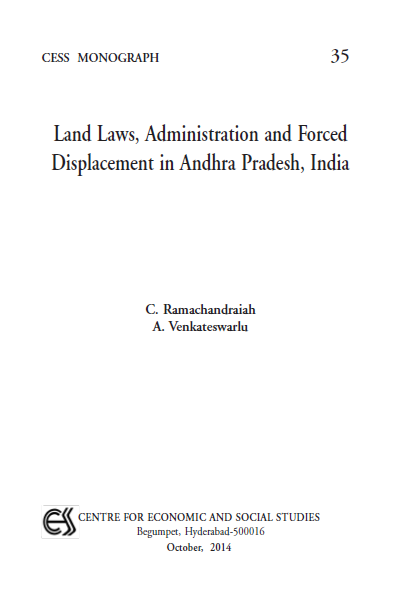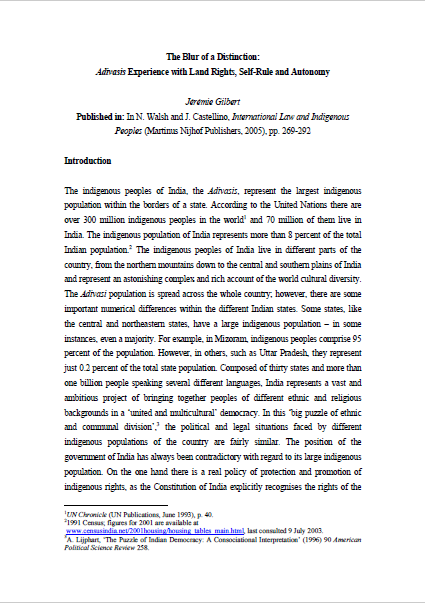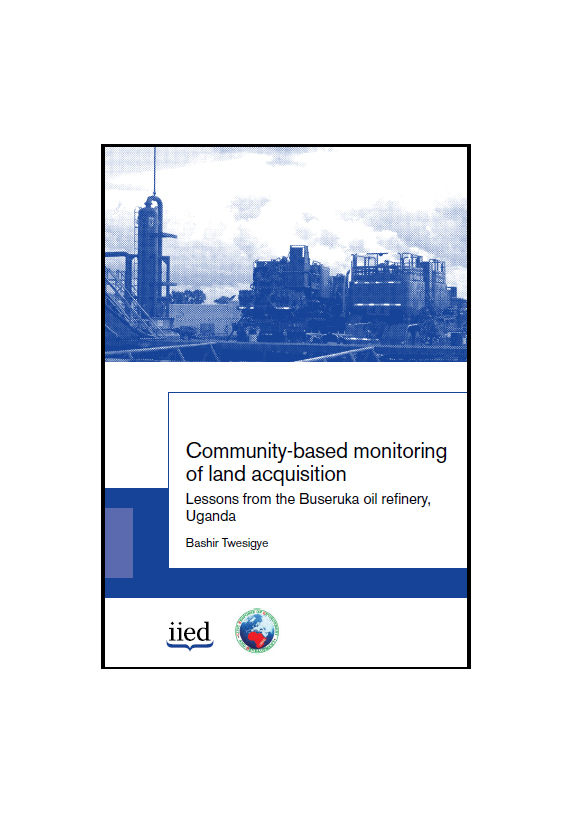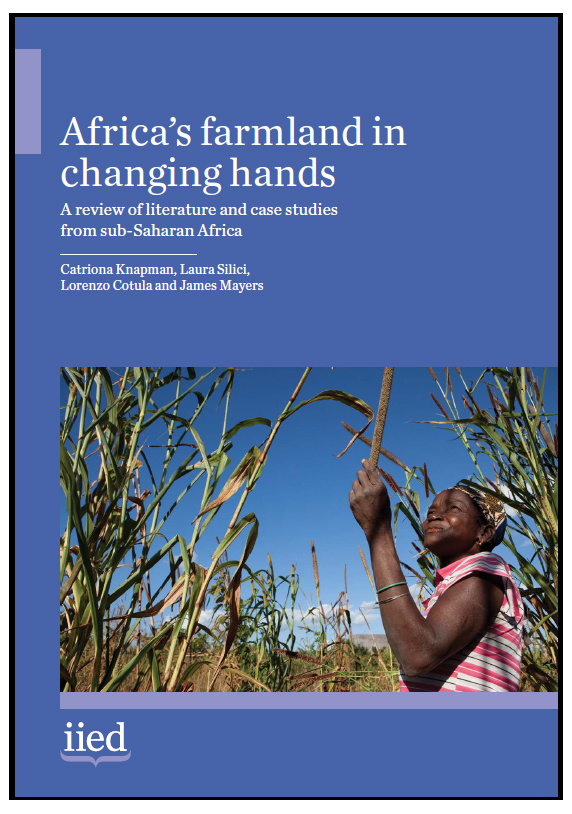international political economy of the global land rush: A critical appraisal of trends, scale, geography and drivers
Over the past few years, agribusiness, investment funds and government agencies have been acquiring long-term rights over large areas of farmland in lower income countries. It is widely thought that private sector expectations of higher agricultural commodity prices and government concerns about longer-term food and energy security underpin much recent land acquisition for agricultural investments. These processes are expected to have lasting and far-reaching implications for world agriculture and for livelihoods and food security in recipient countries.







